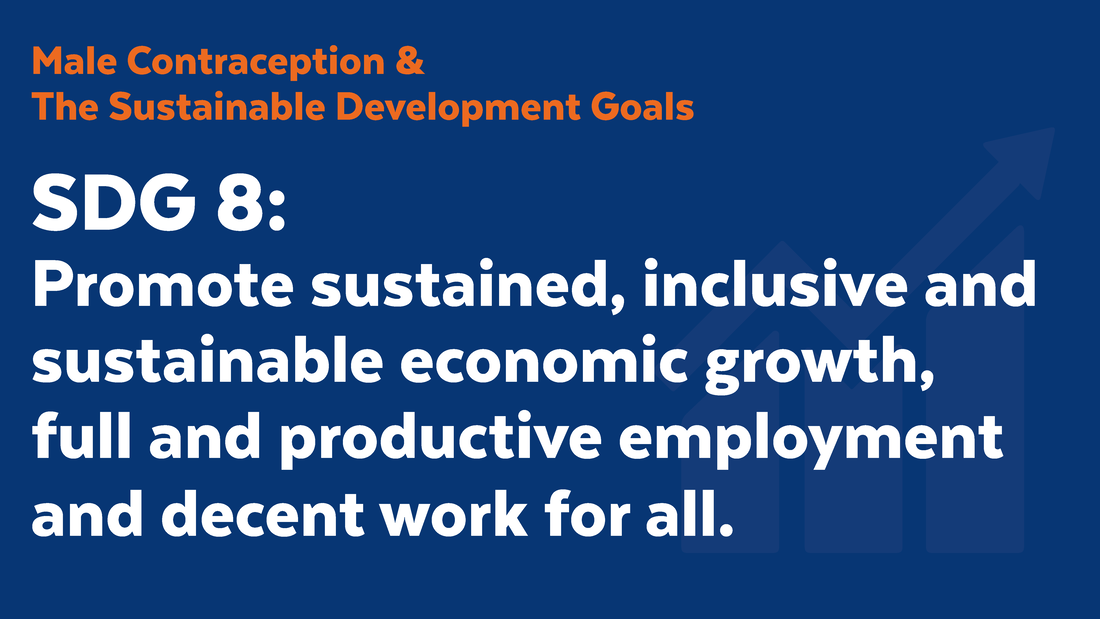|
Roughly half the world lives on the equivalent of USD $2 per day. Globally, the unemployment rate exceeds 5%, resulting in nearly 400 million persons going without work or income.However, even those that are employed are not able to escape poverty in many places. This lack of opportunity for a sizable majority of the world has resulted in a reality where the cycle of poverty is insidious, and contributing factors such as education, labor productivity, and other socioeconomic dynamics limit overall human productivity. Much research has gone into the relationship between unintended pregnancies and economic/socioeconomic outcomes such as human productivity. Ultimately, contraception and the ability to plan one's family is associated with increased education, economic mobility, and general wellbeing - all of which are tied directly to employment and economic growth. Women are disproportionately affected by unplanned pregnancies - both in terms of the health risks as well as other negative outcomes. Their participation in the workforce is 63 percent while that of men is 94 percent. Additionally, despite their increasing presence in public life, (facilitated in large part by contraception) women continue to earn 77 cents for every dollar that men make in the workplace. In addition, women continue to do 2.6 times the unpaid care and domestic work that men do. Bringing new contraceptive options to market can facilitate greater participation in the workforce for women as well as inclusive economic growth for all. That is why it’s so important to invest in new male contraceptives. Sources/References:
- “Unplanned Pregnancies Perpetuate a Cycle of Poverty” from The New York Times - “Unintended Pregnancy and Its Adverse Social and Economic Consequences on Health System: A Narrative Review Article” by Mansureh Yazdkhasti, Abolghasem Pourreza, Arezoo Pirak, and Fatemeh Abdi - “The Social and Economic Benefits of Women’s Ability To Determine Whether and When to Have Children” by Adam Sonfield, Kinsey Hasstedt, Megan L. Kavanaugh, and Ragnar Anderson - Brookings Institute’s “Note to GOP: To improve women’s economic opportunities, don’t cut family planning – expand it” - UN Women's "Equal pay for work of equal value" Comments are closed.
|
Categories
All
Archives
June 2024
|
|
|
Donate to Male Contraceptive InitiativeYour generous donation makes a difference!
|
© Male Contraceptive Initiative. All rights reserved.


 RSS Feed
RSS Feed
